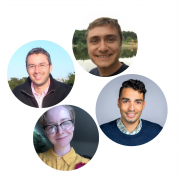
We Are Here and We Are Scientists! LGBTQ+ Perspectives and Topics in Plant Science
Blog, LGBTQ+ Plant Scientist Network, Plantae Webinars, Webinars0 Comments
/
We Are Here and We Are Scientists! LGBTQ+ Perspectives and Topics in Plant Science
Recorded December 12, 2019
About This Webinar
Academic and industry work environments are becoming increasingly welcoming of out LGBTQ+ scientists at many career levels. Nevertheless, many members of…
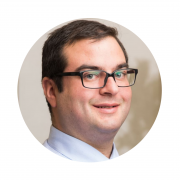
Functional Phenomics: Studying Root Physiology Using Affordable Open Source Tools
Blog, Plantae Webinars, Research Skills, WebinarsFunctional Phenomics: Studying Root Physiology Using Affordable Open Source Tools
Recorded December 17, 2019
About This Webinar
Functional phenomics is an emerging discipline that utilizes phenotyping, physiology, multivariate statistics, and simulation modeling to generate and test new…
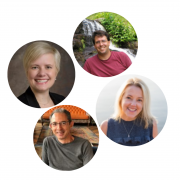
How Top Scientists Use Twitter to Support their Research
Blog, Plantae Webinars, Science CommunicationHow Top Scientists Use Twitter to Support their Research
Recorded November 7, 2019
Scientists are increasingly using social media as vehicles via which to communicate with other scientists and with the public. Social media platforms also provide excellent opportunities to build professional networks,…
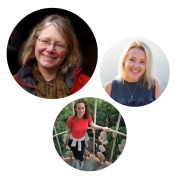
Social Media for Scientists: What, Why, and How
Blog, Plantae Webinars, Science Communication, WebinarsSocial Media for Scientists: What, Why, and How
Recorded: Friday, September 27
About This Webinar
Scientists are increasingly using social media as vehicles through which to communicate with other scientists and the public. Social media platforms also provide excellent opportunities to build professional…

All aboard the mentor-ship: making and using an Individual Development Plan
Blog, Plantae Webinars, Professional Development, WebinarsAll aboard the mentor-ship: making and using an Individual Development Plan
Recorded September 10, 2019
About This Webinar
Individual Development Plans (IDPs) are a tool to facilitate student-trainer relationships and help students and post-docs of all levels to evaluate their project and career…
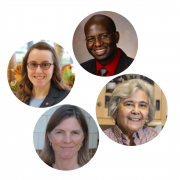
How to be an effective mentor
Plantae Webinars, Professional Development, WebinarsHow to be an effective mentor
Recorded July 25, 2019
About This Webinar
Being an effective mentor involves making yourself available to support and advise someone when they need it, delivering that support in a way that makes sense to them, and always keeping that person's best interests in…

Addressing fundamental questions in plant science through synthetic biology
Plantae Webinars, Research, Research Skills, WebinarsAddressing fundamental questions in plant science through synthetic biology
Recorded July 10, 2019
About This Webinar
In this seminar, we examined the role that synthetic biology can play in answering fundamental questions in plant science. In studying plants for the past hundred years, we’ve…

Data visualization: optimizing data exploration and illustrative storytelling
Plantae Webinars, Science Communication, WebinarsData visualization: optimizing data exploration and illustrative storytelling
Recorded May 21, 2019
About This Webinar
The field of plant biology is undergoing a revolution due to the enormous amount of data that is being produced, either by high-throughput sequencing or non-destructive…
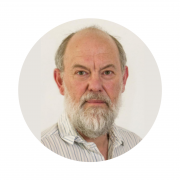
Maximizing the signal, decreasing the noise, Part 2: Skills for speaking and designing clearly
Blog, Plantae Webinars, Science Communication, WebinarsMaximizing the signal, decreasing the noise, Part 2: Skills for speaking and designing clearly
Recorded April 2019
About This Webinar
In part 1 of the webinar, Professor Tobias Baskin introduced a philosophy for writing clearly based on recognizing that our words are read. In part 2, he extends…

